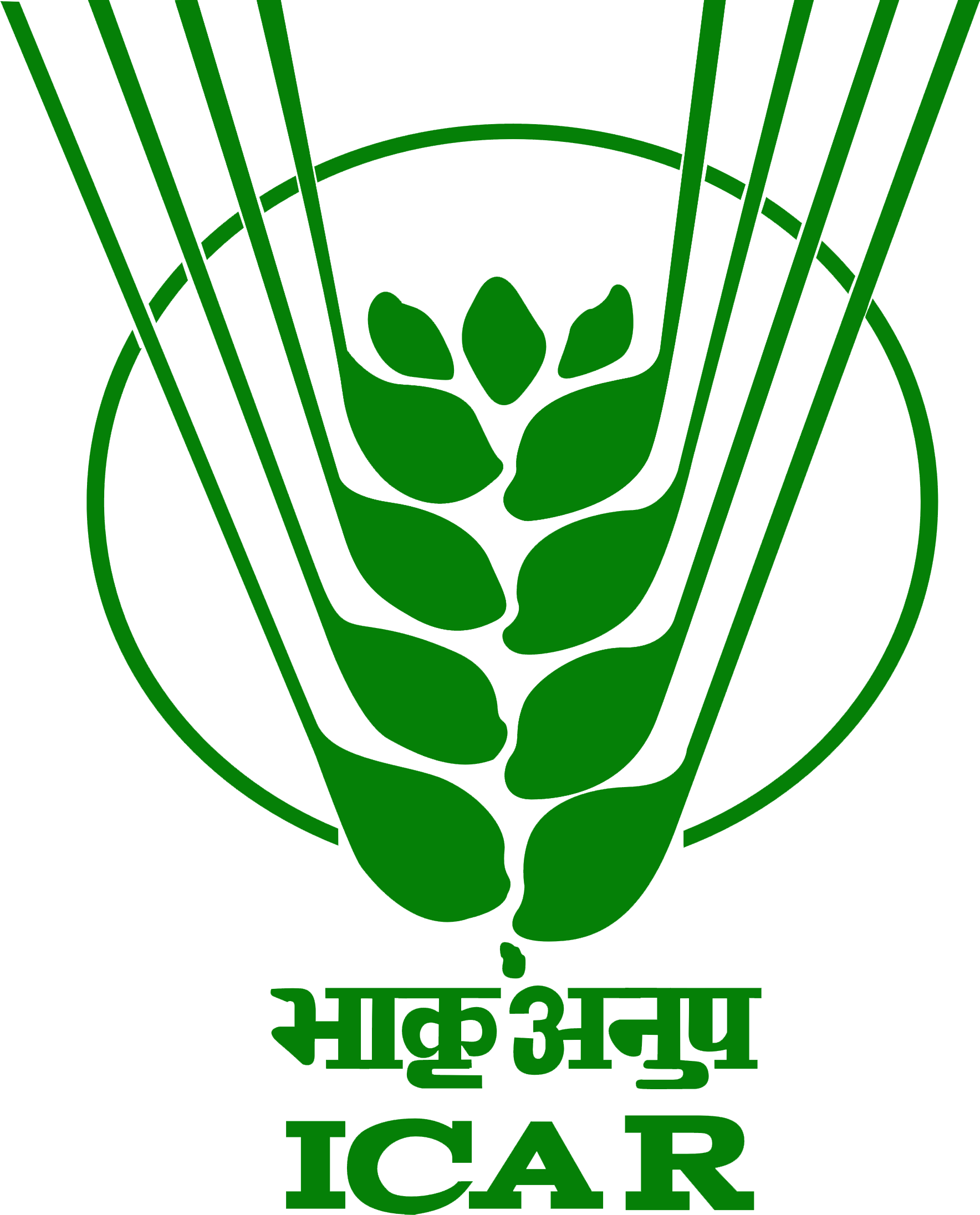Welcome to our official portal! Stay tuned on our
Announcements Page.
Please also view our
Employment Page
for current available employment opportunities.
For any queries, contact us at our official channels.
ಭಾರತೀಯ ಕೃಷಿ ಸಂಶೋಧನಾ ಪರಿಷತ್-ರಾಷ್ಟ್ರೀಯ ಪಶು ರೋಗ ಸೋಂಕುಶಾಸ್ತ್ರ ಮತ್ತು
ಮಾಹಿತಿ ವಿಜ್ಞಾನ ಸಂಸ್ಥೆ
भाकृअनुप–राष्ट्रीय पशुरोग जानपदिक एवं सूचना विज्ञान संस्थान
ICAR–National Institute of Veterinary Epidemiology and Disease Informatics
रामगोंडनहल्ली, येलहंका, बेंगलुरू – 560 119Ramagondanahalli, Post Box No: 6450, Yelahanka, Bengaluru - 560 119




